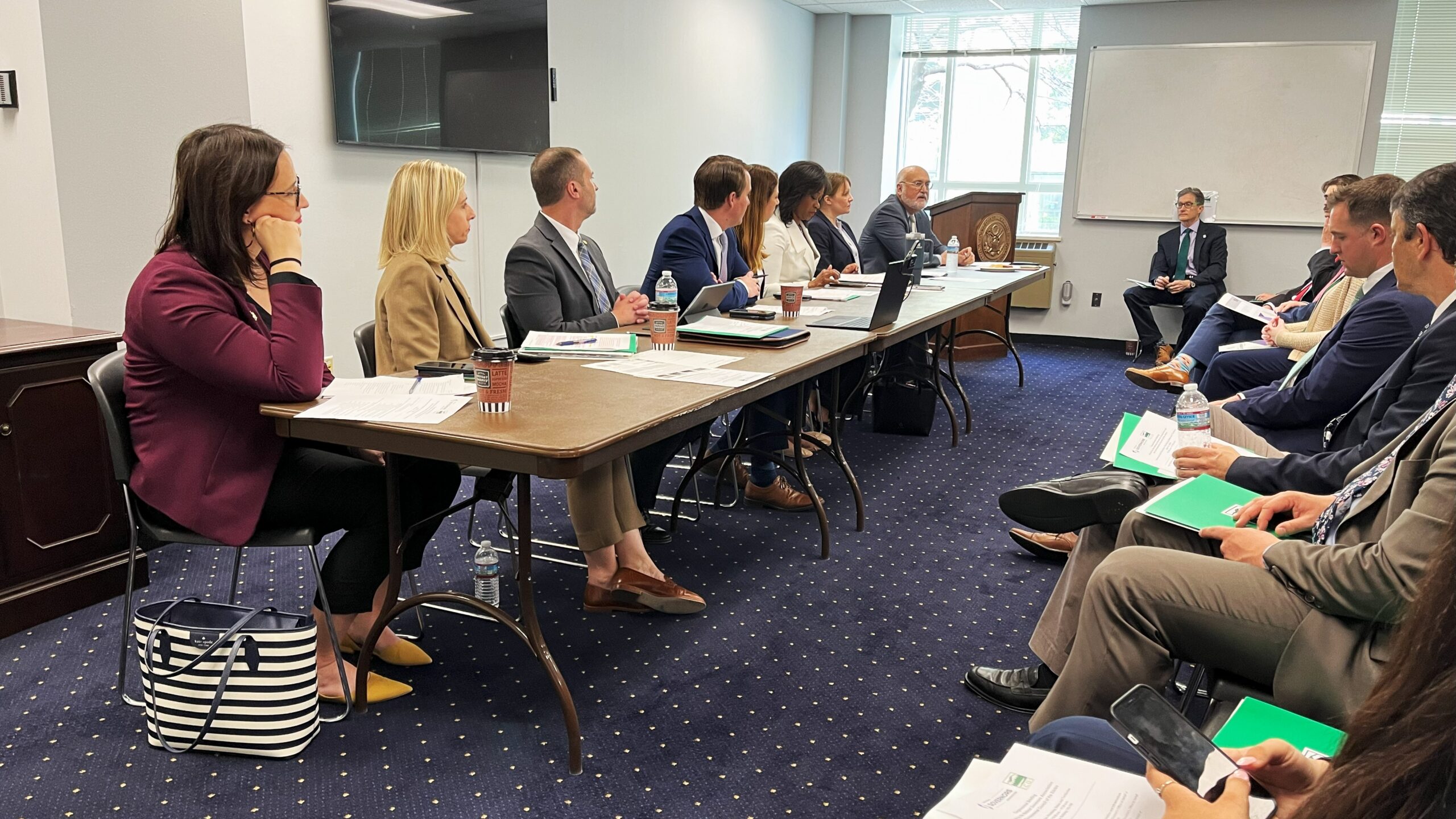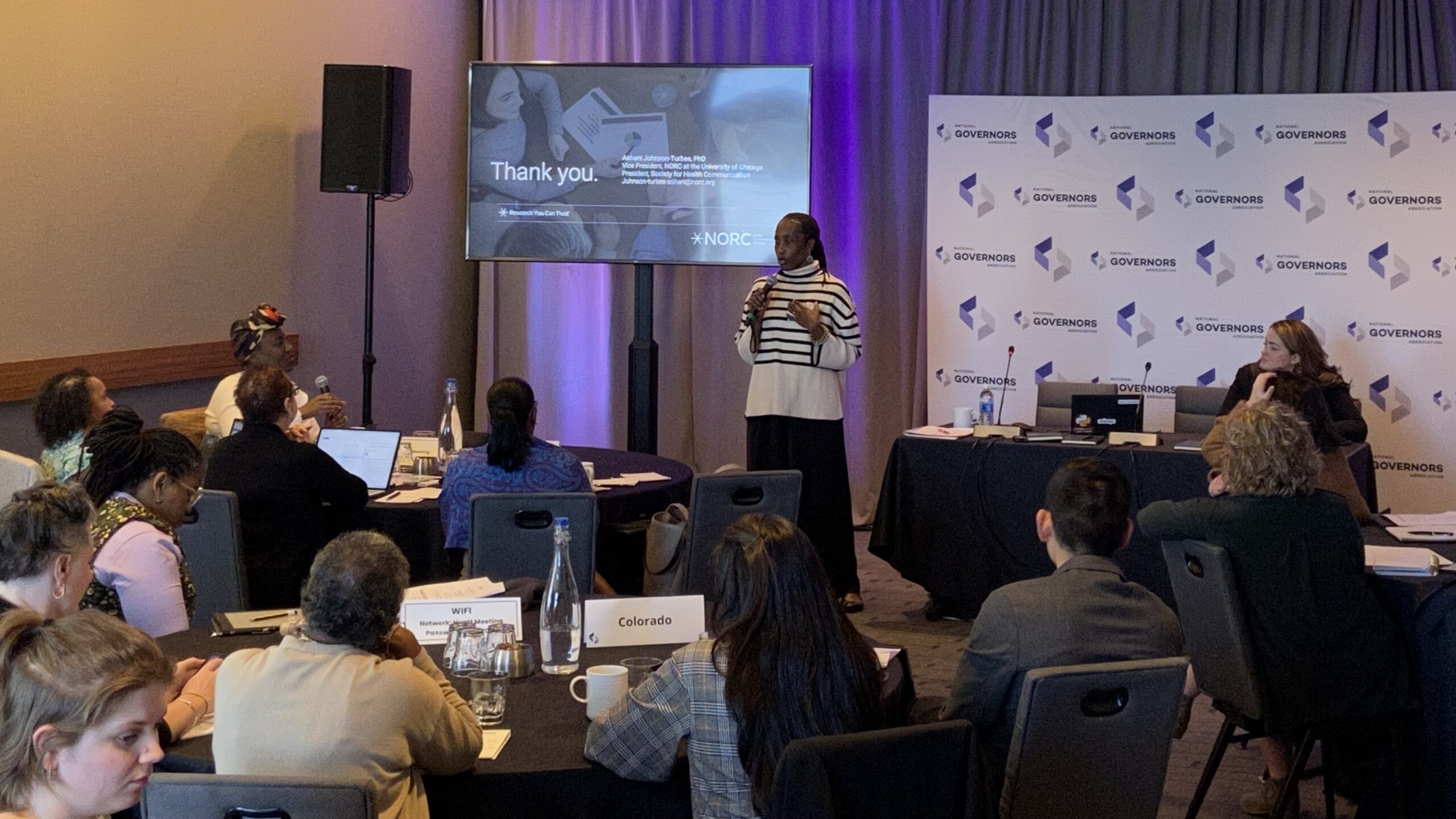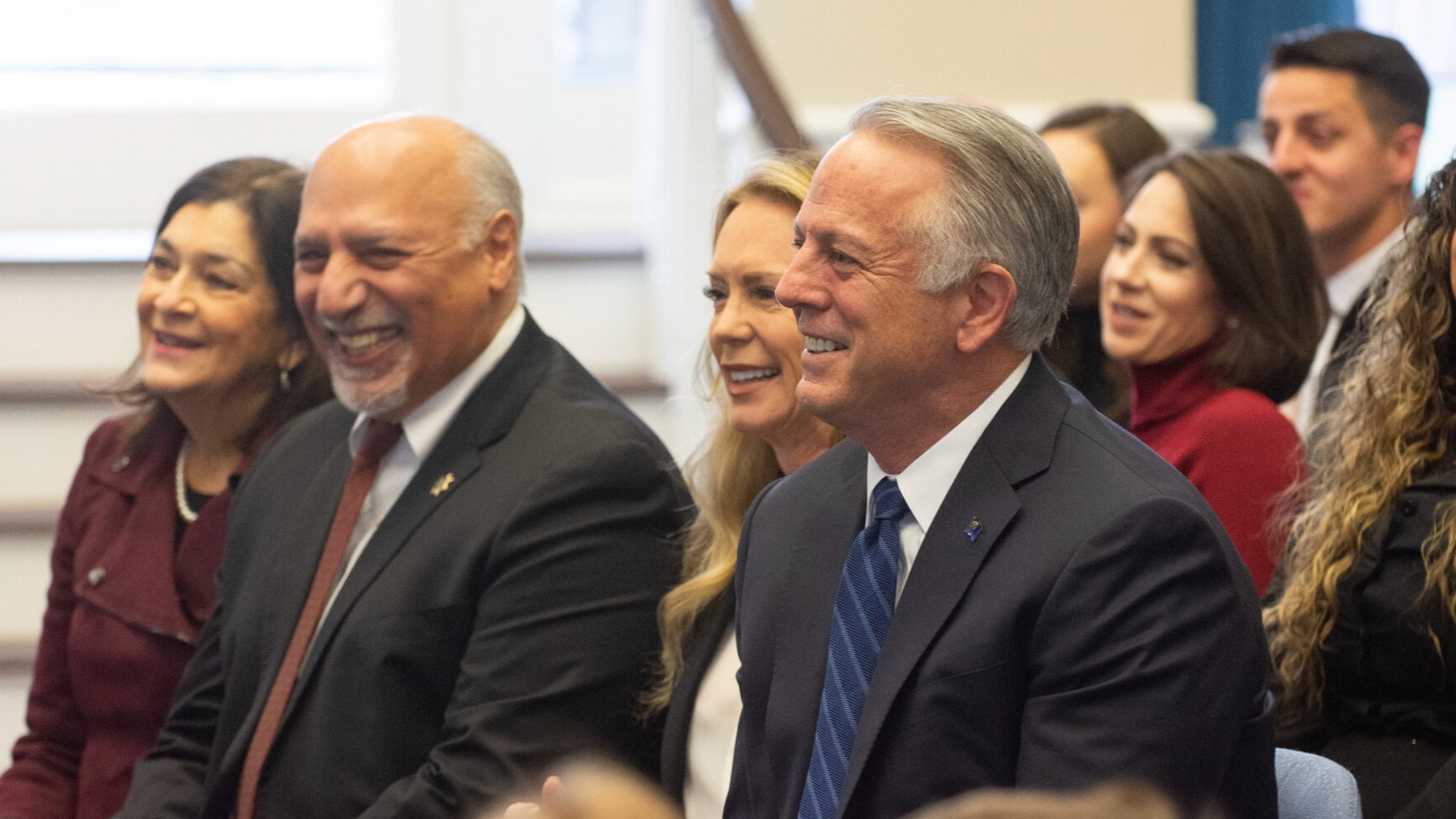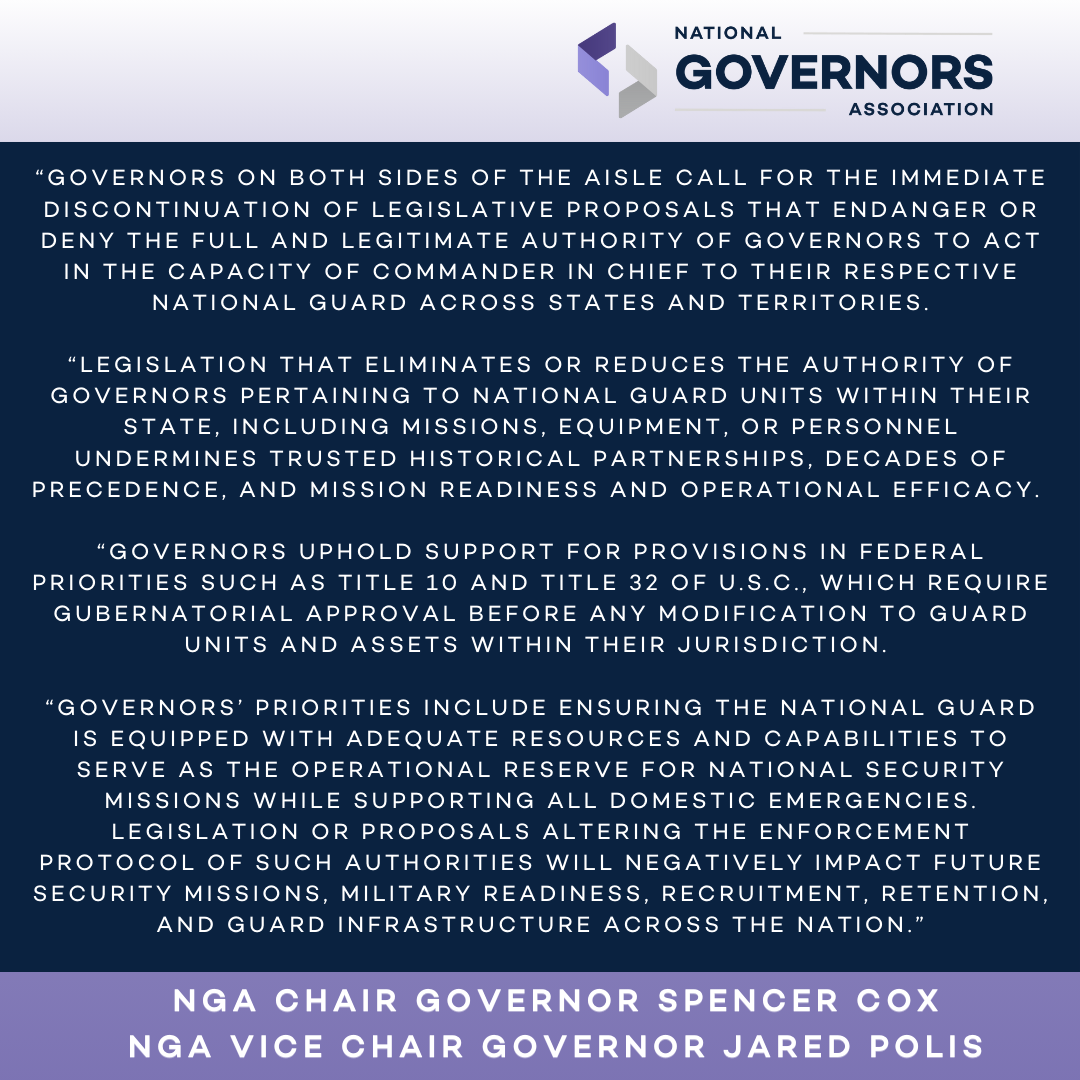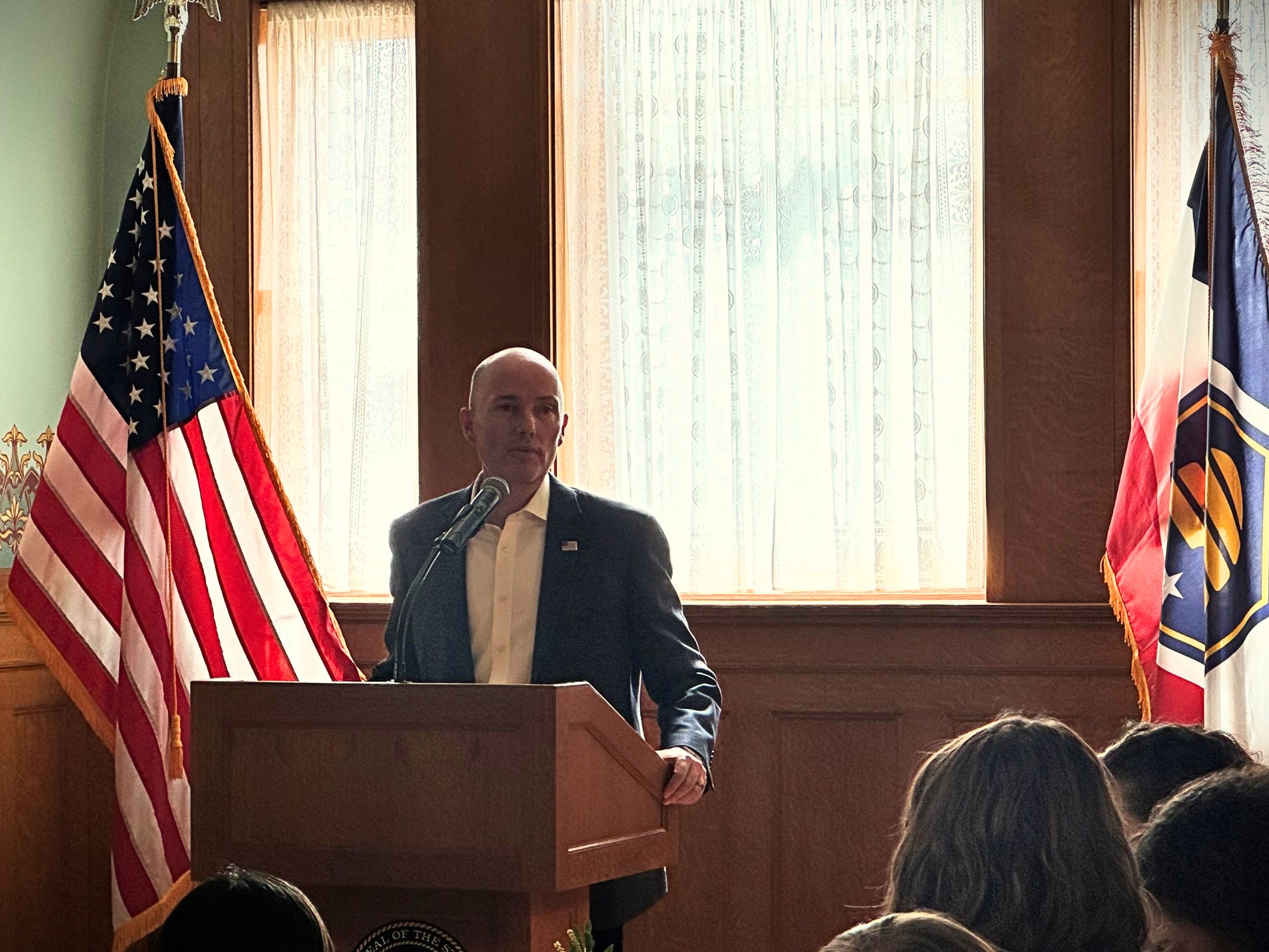“As districts and community programs prepare for the upcoming school year, it is becoming increasingly clear that most students will not be at school or be able to eat breakfast and lunch in the school building five-days a week. While USDA’s timely leadership in extending several nationwide waivers until June 30, 2021 was an important first step at addressing this issue, the current scope of the available flexibilities fails to address the reality facing many school nutrition departments and community partners as the 2020-21 school year begins and students need access to critical meals.”
The Honorable Bobby Scott, Chairman
Committee on Education and Labor
U.S. House of Representatives
1201 Longworth House Office Building
Washington, DC 20515
The Honorable Pat Roberts, Chairman
U.S. Senate Agriculture Committee
109 Hart Senate Office Building
Washington, DC 20510-1605
The Honorable Virginia Foxx, Ranking
Member
Committee on Education and Labor
U.S. House of Representatives 2462
Rayburn House Office Building
Washington, DC 20515
The Honorable Debbie Stabenow, Ranking
Member
U.S. Senate Agriculture Committee
731 Hart Senate Office Building
Washington, DC 20510-1605
On behalf of the undersigned national organizations, we write to urge Congress to extend waiver authorities for the COVID-19 school nutrition rules granted to the U.S. Department of Agriculture (USDA) through the upcoming school year. These waivers for school nutrition programs, granted in the Families First Coronavirus Response Act (FFCRA), have provided districts across the country with the flexibility to deliver meal services to kids even when schools are operating on modified schedules or in non-traditional settings.
As districts and community programs prepare for the upcoming school year, it is becoming increasingly clear that most students will not be at school or be able to eat breakfast and lunch in the school building five-days a week. While USDA’s timely leadership in extending several nationwide waivers until June 30, 2021 was an important first step at addressing this issue, the current scope of the available flexibilities fails to address the reality facing many school nutrition departments and community partners as the 2020-21 school year begins and students need access to critical meals. According to the Center for Reinventing Public Education, more than 50 percent of urban school districts are planning to, or have already started, the school year fully remote, and a majority of school districts across the country are offering a virtual or remote option for students this fall.
Three of USDA’s waivers that were integral for schools and community partners’ operation of the federal meals’ programs will expire on August 31, 2020. If these waivers expire, many students across the country will struggle to get access to much-needed meals during the school day. States, districts and school nutrition leaders are committed to working to meet the needs of all students. Without these flexibilities, they will face a logistical nightmare to provide children with healthy and nutritious meals, causing many programs to reduce their foodservice capacity for the upcoming fall and winter. In the end, this means students will likely miss meals and go hungry.
Therefore, to preserve the feasibility of school districts operating the federal meals programs, USDA must have the statutory authority and mandates to instate the following policy changes until June 30, 2021:
- Allow the Summer Food Service Program (SFSP) and Seamless Summer Option (SSO) to be used to feed children during the upcoming school year, so that students may receive meals in the event of unexpected closures.
- Expand the non-congregate waiver to include SFSP and SSO, so that schools that offer remote learning may still serve students through the federal school meals programs.
- Extend the Area Eligibility waiver for SFSP and SSO through the school year to enable districts to operate food services in communities that did not meet the 50% free and reduced-price lunch area eligibility threshold.
- Waive the activity requirement for the Afterschool Meal and Snack Programs, so districts can serve additional meals through the Child Adult Care Food Program (CACFP) and National School Lunch Program (NSLP).
- Enable districts providing meals through the SFSP or SSO to utilize the Afterschool Meal and Snack Programs.
- Extend the Fresh Fruit and Vegetables Programs flexibilities and waivers through the school year, so districts can use innovative methods to serve fresh produce (e.g., multiday servings and fresh-produce packs) and rollover unspent fiscal year 2019–20 dollars to the 2020–21 school year.
If the FFCRA meal program waivers expire, districts will struggle to safely administer the federal school meals programs in compliance with CDC guidance and provide a reliable source of food security for low-income students. To meet the challenges brought on by the COVID-19 pandemic, schools must have the necessary tools to feed students. As such, we ask Congress to ensure these existing flexibilities remain in place for the entirety of the 2020–21 school year.
Sincerely,
AASA, The School Superintendents Association
Academy of Nutrition and Dietetics
Afterschool Alliance
Alliance for Excellent Education
American Commodity Distribution Association
American Federation of Teachers
Association of Educational Service Agencies
Association of Latino Administrators and Superintendents
Association of School Business Officials International
Center for Law and Education
Council of Administrator of Special Education
Council of Chief State School Officers
EDGE Consulting Partners
Large Countywide and Suburban District Consortium
National Association of Elementary School Principals
National Association of Secondary School Principals
National Center for Learning Disabilities
National Disability Rights Network
National Education Association
National Farm to School Network
National Governors Association
National Indian Impacted Schools Association
National Parent Teacher Association
National Rural Education Advocacy Collaborative
National Rural Education Association
National School Boards Association
National Superintendents Roundtable
Organizations Concerned About Rural Education
Share Our Strength
Sustainable Food Policy Alliance, including Danone North America, Mars, Incorporated, Nestlé USA and Unilever United States
Teach For America
The Education Trust
Urban School Food Alliance




